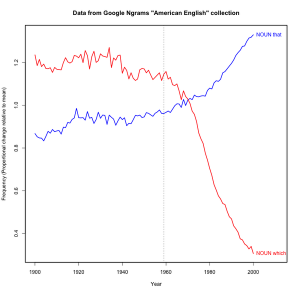December 29, 2015
Briefly
- Di Cook on improving graphical displays of cricketers’ careers.
- Graphics actually: automatically drawing relationships between characters in Love Actually based on the scenes they occur in.
- Remake of a graph showing changes in global poverty.
- Quartz has a list of the most-misleading graphs of 2015
- Hyde Park (in London (the one in England)) was tracking visitors via their mobile phones. Not actually harmful, but maybe not a good look if you want people to trust you.
- The Herald (and to a lesser extent Stuff) has started reporting number of crashes as well as number of fatalities on the roads. Probably a good thing.
- Health News Review writes about spin in medical news reporting.
- “But now scientists may finally have the answer. They have found that if a food is labelled as a healthy option we tend to eat more of it” From the Mail via the Herald. In fact, the research did not compare the consumption of food with healthy labels to food without.
- The frequency of `positive’ words such as “favorable”, “encouraging”, “supportive” has been increasing in medical research abstracts. In less favourable reporting, Language Log points out that abstracts have gotten longer, and is not entirely supportive about deducing attitude from single words.
- Also from Language Log: the `traditional’ `grammar rule’ that “which” doesn’t occur in restrictive relative clauses first became popular roughly when The Beatles did.

Thomas Lumley (@tslumley) is Professor of Biostatistics at the University of Auckland. His research interests include semiparametric models, survey sampling, statistical computing, foundations of statistics, and whatever methodological problems his medical collaborators come up with. He also blogs at Biased and Inefficient See all posts by Thomas Lumley »